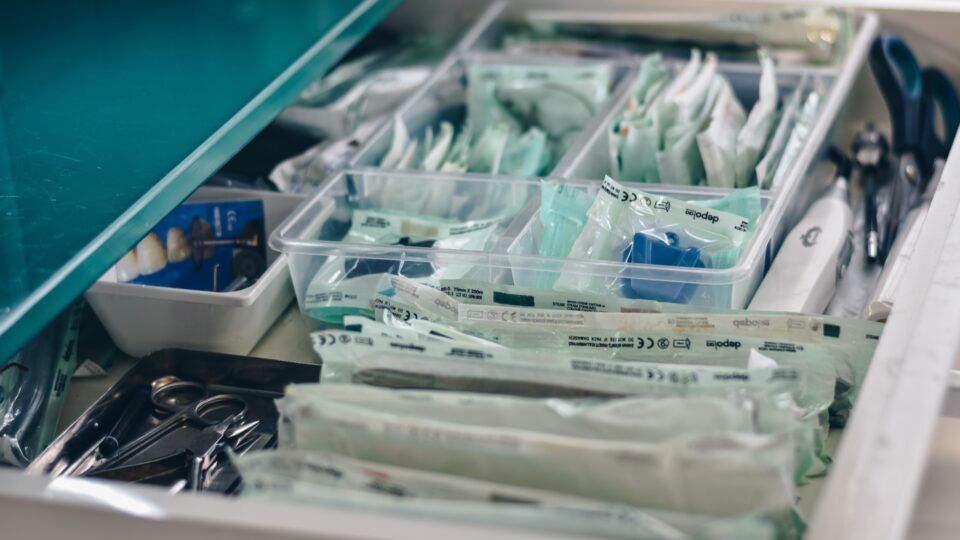
Since last September, baobab soluciones has collaborated with the UPM ETSII in directing the practices associated with the Ingenia subjects. In this group of subjects, students carry out an engineering project in situations similar to those of a real professional environment. As the UPM ETSII guide says: “The basic guiding principle of these subjects is to develop the student’s ability to design and build systems and products that meet the needs of society. It could be said, simply, that these subjects are based on making the engineer engineer.” Non-academic organizations, public or private companies, public services, etc. collaborate in teaching these subjects.
In this term’s edition, a group of five Master students have participated in a project under the direction of baobab for the Ramón y Cajal University Hospital. This project consists in the creation of digital twin of the hospital’s sterilization centre with two main objectives: to analyze the capacity of said centre and find possible bottlenecks, and to identify potential improvement solutions.
The hospital environment
As the previous video shows, the environment is highly demanding. It contains a dirty area, where carts with boxes containing dirty material arrive from the surgical blocks of the hospital and they are logged and washed. It also contains a clean area where the material is inspected, packaged and sterilized before sending it back to the surgical blocks. There are different types of washing and sterilization methods determined by the material, each with its corresponding equipment, which lead to different flows of material.
The hospital environment is extremely sensitive and offers no opportunities for experimentation. It is neither easy nor advisable to change the material or human resources available to check the impact of improvement proposals. It is a situation where digital simulation is very helpful.
Simulation
In order to carry out this project, the students have created a digital replica of the sterilization centre in a specific software from SIMIO, a partner of baobab. This software allows the different modules of a system to be modeled in detail, to present new situations and to collect performance indicators.
The simulation considers the arrival rate of boxes, their different types (including the procedures associated with each one), the pre-disinfection, washing and sterilization stations, and most importantly, the work team. Considering these factors, it calculates the following KPIs:
- Average number of boxes in the centre
- Number of boxes sterilized leaving the centre
- Number of instruments that have been sterilized at the centre
- Average time per box at the centre
- Average time per box at the dirty area
- Average time of instruments at the dirty area
- Average time per box at the clean area
- Average usage rate of the automatic washers
- Average usage rate of the manual and ultrasounds washing stations
- Average usage rate of the sterilizers
- Average workload of the dirty area
- Average workload of the clean area
Based on this simulation, different scenarios were considered, such as changing the available staff during periods of peak activity, increasing the number of stations in the system or changing the number of machines and measuring their results. These show that certain measures increase the number of cases processed between 4.6% and 37%.
This is another example of how to use simulation as a tool to help decision-making in a sensitive environment, with zero risk.
Project authors: Ane Jiménez Miner, Mª Eugenia González Martínez, Maximilian Entholzner, Diego Villalon Lopez and Yuriko Yokokura Hinostroza.
Photo by Ibrahim Boran on Unsplash